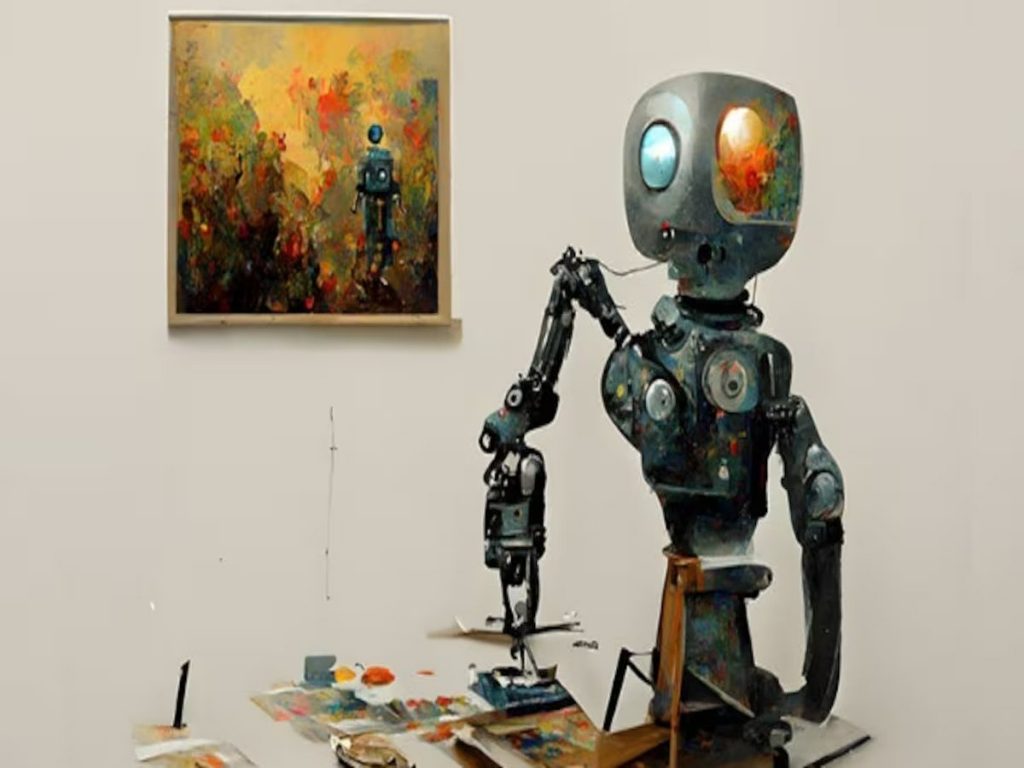Rest of World has reported that AI image generators are displacing China-based videogame artists and illustrators. Amber Yu, an illustrator, stated that she used to earn between $430 and $1,000 for the time-consuming task of creating videogame posters.
However, as some companies have opted for faster and cheaper AI generators to replace human artists, her work has largely been limited to making minor alterations to AI-generated artwork. This type of work is much less complex and typically pays only about ten percent of her previous rates.
“AI is developing at a speed way beyond our imagination,” Xu Yingying, an illustrator at an independent game art studio in Chongqing, China, told Rest of World. Xu’s studio has laid off 15 specialized illustrators this year alone due to AI image generators.
“Two people could potentially do the work that used to be done by ten,” Xu added.
With the potential for AI to automate up to 300 million jobs, as highlighted in a memo by Goldman Sachs last month, the use of AI-generated images is becoming increasingly prevalent.

Programs like Midjourney and Stable Diffusion are becoming more adept at creating realistic artwork, which is causing concern for illustrators who are having to adapt to the changing landscape. Unfortunately, this is a distressing anecdote that we may see more of in the future.
“If I’m a top-notch artist, I might be able to boycott [the companies],” Yu, the freelance illustrator, told Rest of World. “But I have to eat,” she added, admitting that she’s planning to train an AI with her art.
The Chinese videogame industry has experienced a difficult period over the past few years, as a result of a government licensing freeze implemented in 2021. This action caused thousands of gaming companies to close, leading to an industry-wide job crisis.
“Our way of making a living is suddenly destroyed,” one videogame artist, who opted to stay anonymous, told the publication.
To cope with the situation, some game developers have turned to AI technology to reduce costs. However, while they have used AI to substitute human artists’ labor to some extent, some have told Rest of World that they are not yet prepared to completely rely on the technology.


